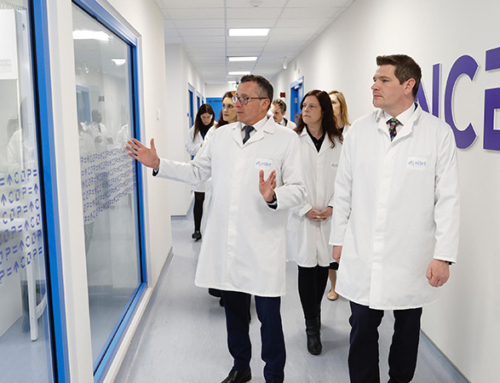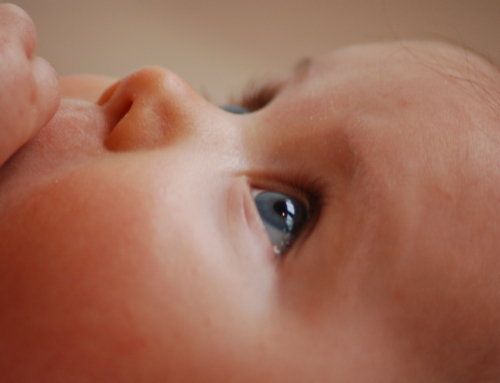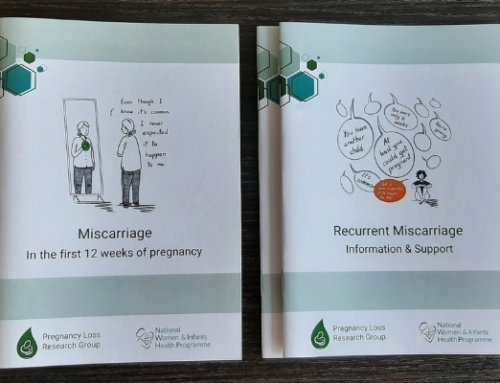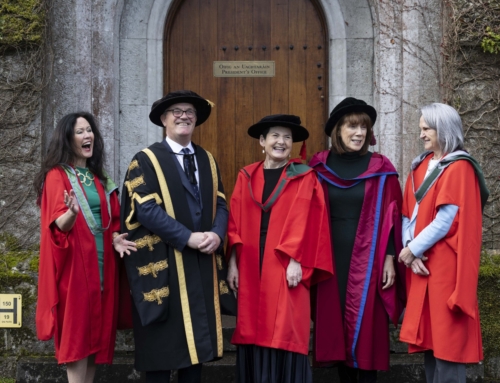Thursday 14 May 2020
New research led by Dr. Andrea Hemmingway, PI Prof Mairead Kiely, and the INFANT maternal and child nutrition team has been published in the British Journal of Nutrition.
The study has reported that breastfeeding rates have increased slightly over the past 10 years and mothers are breastfeeding for longer.
Breastfeeding is recommended, where possible, because it has many health benefits for mum and baby. It can promote the development of a baby’s immune system and protect against infection. For mums, breastfeeding reduces the risk of breast cancer and may help with a gradual return to pre-pregnancy weight.
Using data from the COMBINE study – of which over 450 families from Cork and the surrounding area participated between 2015-2017 – the team analysed current infant feeding practices and explored changes in breastfeeding rates over the past 8-10 years.
The COMBINE study found that 75% of mums were breastfeeding to some extent by the time they went home from the hospital and 44% breastfed solely without formula top-ups. In comparison, INFANT’s BASELINE study – led by PI Prof Deirdre Murray between 2008 and 2011 – had a breastfeeding rate of 69% at the time mums went home and 40% breastfed solely.
Both studies had several follow-up visits with families during the first year. At two months of age, 36% of COMBINE babies were solely breastfeeding, compared with 27% in BASELINE. At six months, the rate of breastfeeding had doubled from 12% in BASELINE to 24% in COMBINE.
Current guidelines from the WHO and the HSE are to breastfeed solely for about six months and to continue breastfeeding while introducing solid foods from 4-6 months. Although our rates of continued breastfeeding are very low in Ireland, the improvement over time in these two studies is encouraging.
Interacting closely with families throughout the first six months of life, the COMBINE study team identified a link between combination feeding and stopping breastfeeding earlier. Combination feeding – using a combination of breastfeeding and infant formula – was common at hospital discharge and over the early infant period. The main reasons for combination feeding at one-month included: maternal perception of infant hunger, healthcare professional advice, and breastfeeding difficulties.
These findings highlight the need for early breastfeeding supports for mums, babies, and families, particularly in the first weeks and months after birth. The results also indicate that mums who are able to establish successful breastfeeding initially are now continuing to breastfeed for longer.
Read the full publication here. The research was supported by a grant from Science Foundation Ireland.






